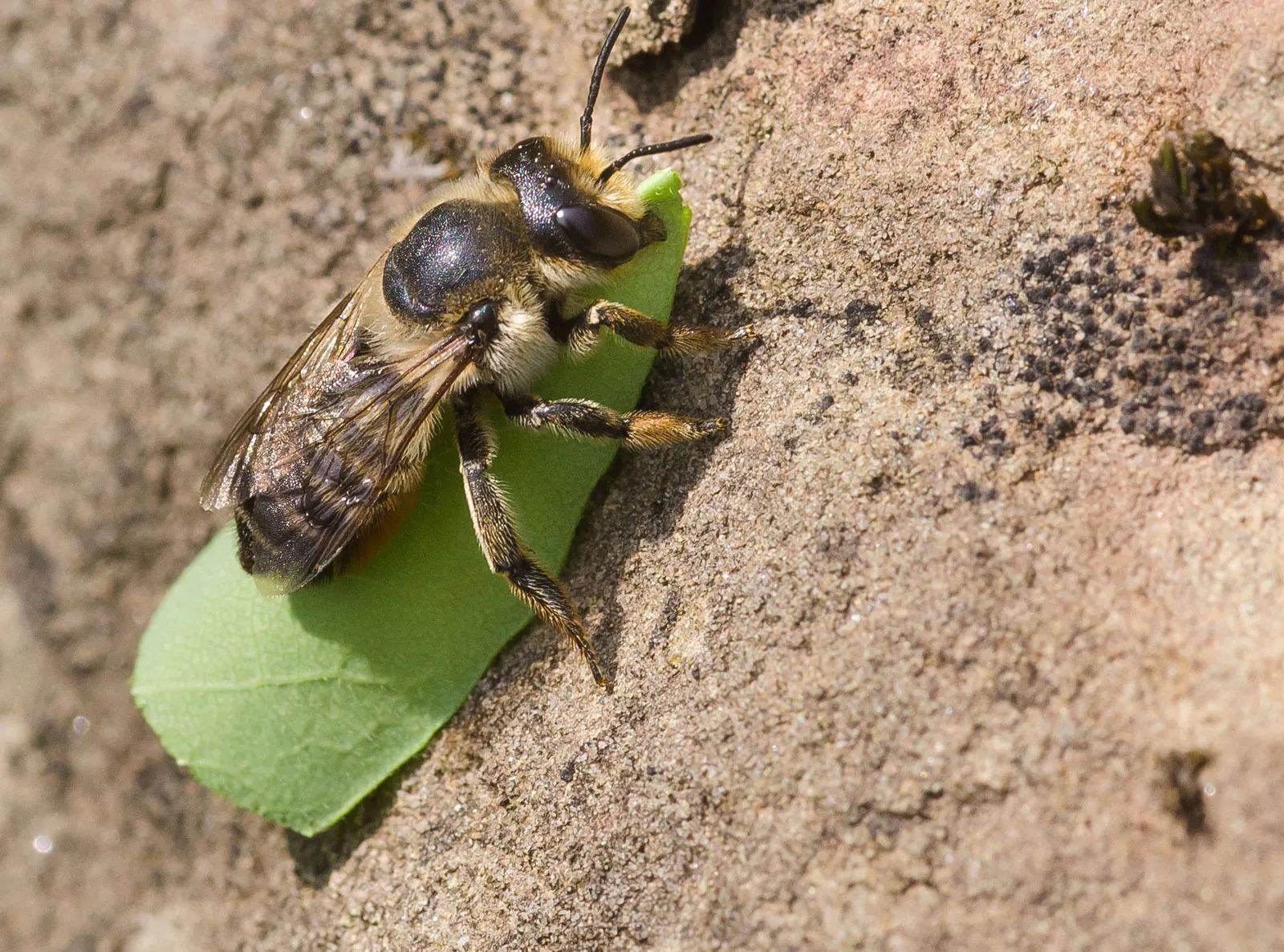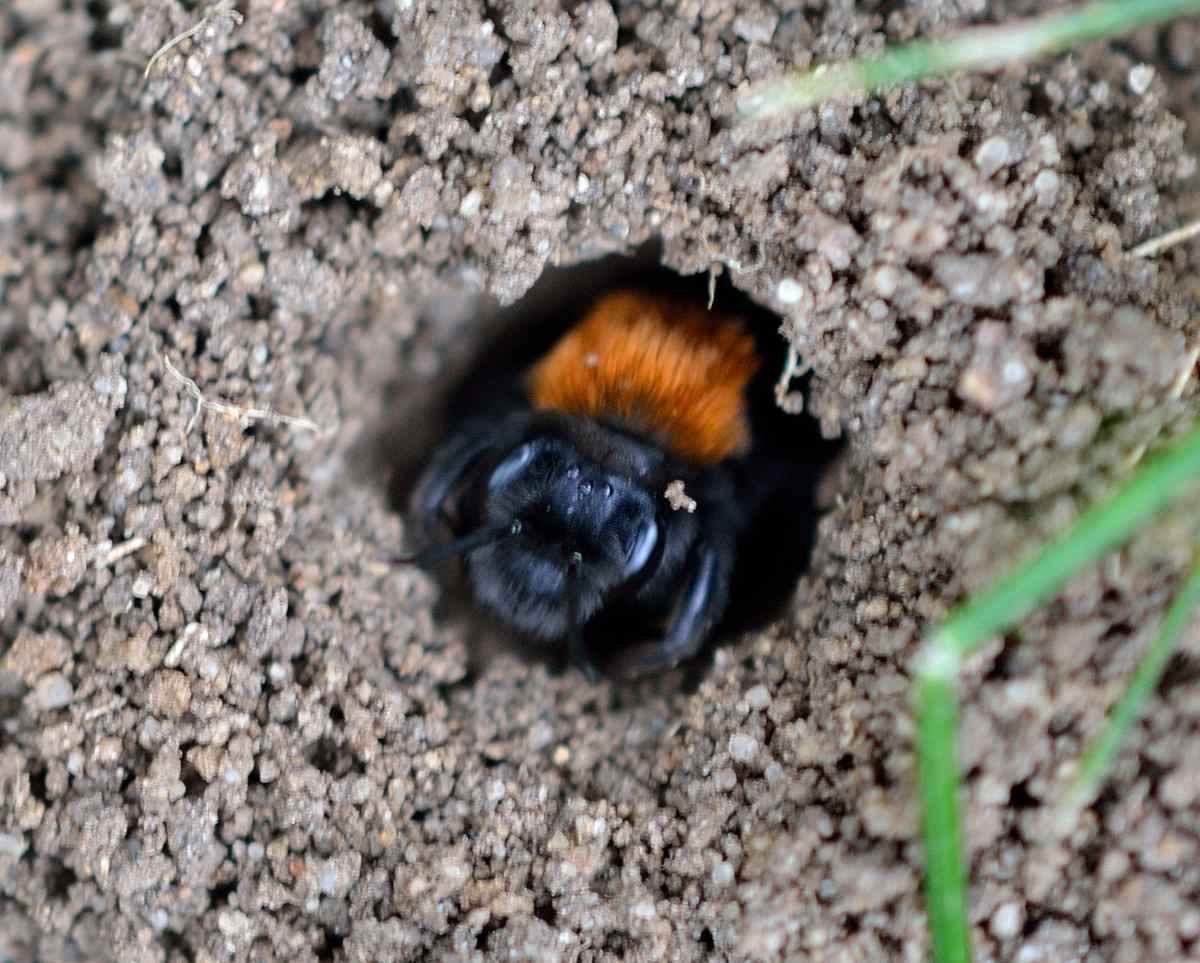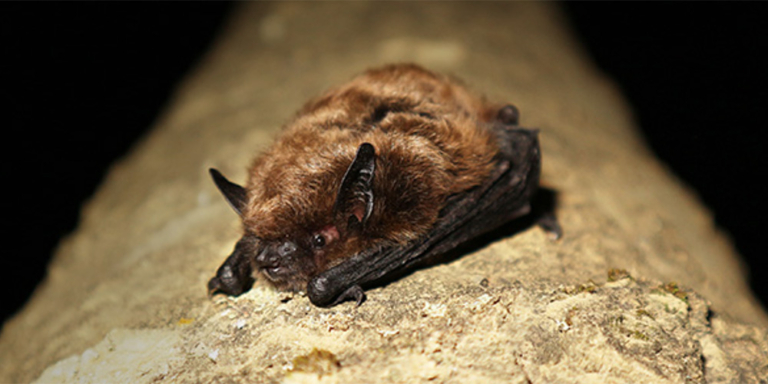Alberta’s big cities are home to some of the best educational facilities in Canada, attracting students from across the country.
But students aren’t the only ones flocking to big cities like Edmonton or Calgary.
According to a study published in Biology Letters, smart bees are making a buzz in cities.
Jose B. Lanuza of the Doñana Biological Station of Spain co-authored the study on how brain size predicts bees’ tolerance to urban environments like cities.
Usually, it is difficult for pollinating insects like bees to thrive in cities because there is a lot of human activity.
But Lanuza and his team found that bees with larger brains were likelier to live in the city while bees with smaller brains were likelier to live in the country.


Weighing Brains
The study uses the “cognitive buffer” theory to explain the size difference between city bees and country bees.
The cognitive buffer theory states that creatures grow bigger brains to have the smarts necessary to live in complex environments like cities.
Evidence to support the cognitive buffer theory has been found in birds and mammals, but the theory had yet to be tested in insects…Until now.
Things get a bit gruesome from here on out, so brace yourself!
Lanuza and his team caught 355 female bees from 89 American and European species to test the cognitive buffer theory.
They removed the bees’ brains and weighed them. The team then compared the weight of the bees’ brains to their body.
The study found that the bees with larger brains were gathered from cities.
Improving the Study
But Ron Miksha, a retired beekeeper studying for a master’s in bee ecology at the University of Calgary, thinks the study could have been designed better.
Miksha suggests comparing two bees of the same species to confirm the cognitive buffer theory—one large sample from the city and one from the country.
For instance, do bees of the same species have smaller brains in the country versus the city?
Just don’t ask this same question about humans or risk stirring up the hive!
A Generality
The study may not be perfect, but the evidence to date shows that bees of various species living in complex environments (e.g. the city) seem to develop bigger brains than country-living bees.
“There are so many reasons why cities may harbour larger bees with larger brains compared to their body size,” explained Miksha.
City bees have much more varied diets thanks to the diverse plant life found in home gardens and parks.
Not to mention, bees enjoy warmer winters in the city.


But it’s not all sunshine and flowers for city bees.
Urban bees need their bigger brains to help them navigate confusing city layouts.
City bees also need to travel farther to find and forage city flowers.
Country bees have fewer plant species to choose from and worry about pesticides, predators, and colder winters.
Unfortunately, bees around the world are threatened by many factors, including habitat loss and climate change.
Alberta is home to almost 400 different species of bees.
We have an even greater responsibility to protect one of the world’s most important pollinators.
You can do your part to help bees by planting native species of trees, shrubs, and plants and maintaining pollinator areas in parks, pathways, and gardens.
Adding diversity and getting outside is also good for our brains… because now city dwellers have a reputation to maintain.






